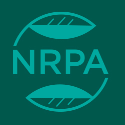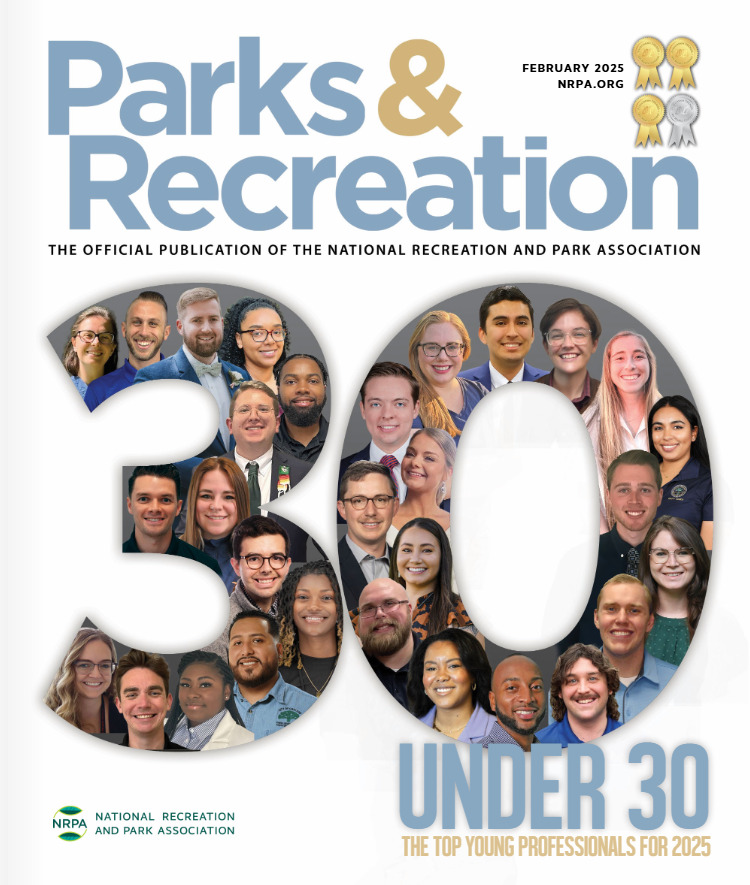
2023 NRPA Annual Conference Bundle
-
You must log in to register
- Non-Members - $1,200
- Members - $840
- Premier Members - $840
Stream all 20 education sessions and 29 speed sessions from the 2023 NRPA Annual Conference, held in Dallas, Texas on October 10-12, 2023! The complete 2023 NRPA Annual Conference On Demand is also available for purchase, worth 3.16 CEU in total.
-
Includes Credits
This one hour education session from the 2023 NRPA Annual Conference is available on-demand.
-
Includes Credits
This one hour education session from the 2023 NRPA Annual Conference is available on-demand.
-
Includes Credits
This one hour education session from the 2023 NRPA Annual Conference is available on-demand.
-
Includes Credits
This one hour education session from the 2023 NRPA Annual Conference is available on-demand.
-
Includes Credits
This one hour education session from the 2023 NRPA Annual Conference is available on-demand.
-
Includes Credits
This one hour education session from the 2023 NRPA Annual Conference is available on-demand.
-
Includes Credits
This one hour education session from the 2023 NRPA Annual Conference is available on-demand.
-
Includes Credits
This one hour education session from the 2023 NRPA Annual Conference is available on-demand.
-
Includes Credits
This one hour education session from the 2023 NRPA Annual Conference is available on-demand.
-
Includes Credits
This one hour education session from the 2023 NRPA Annual Conference is available on-demand.


Engage With Us